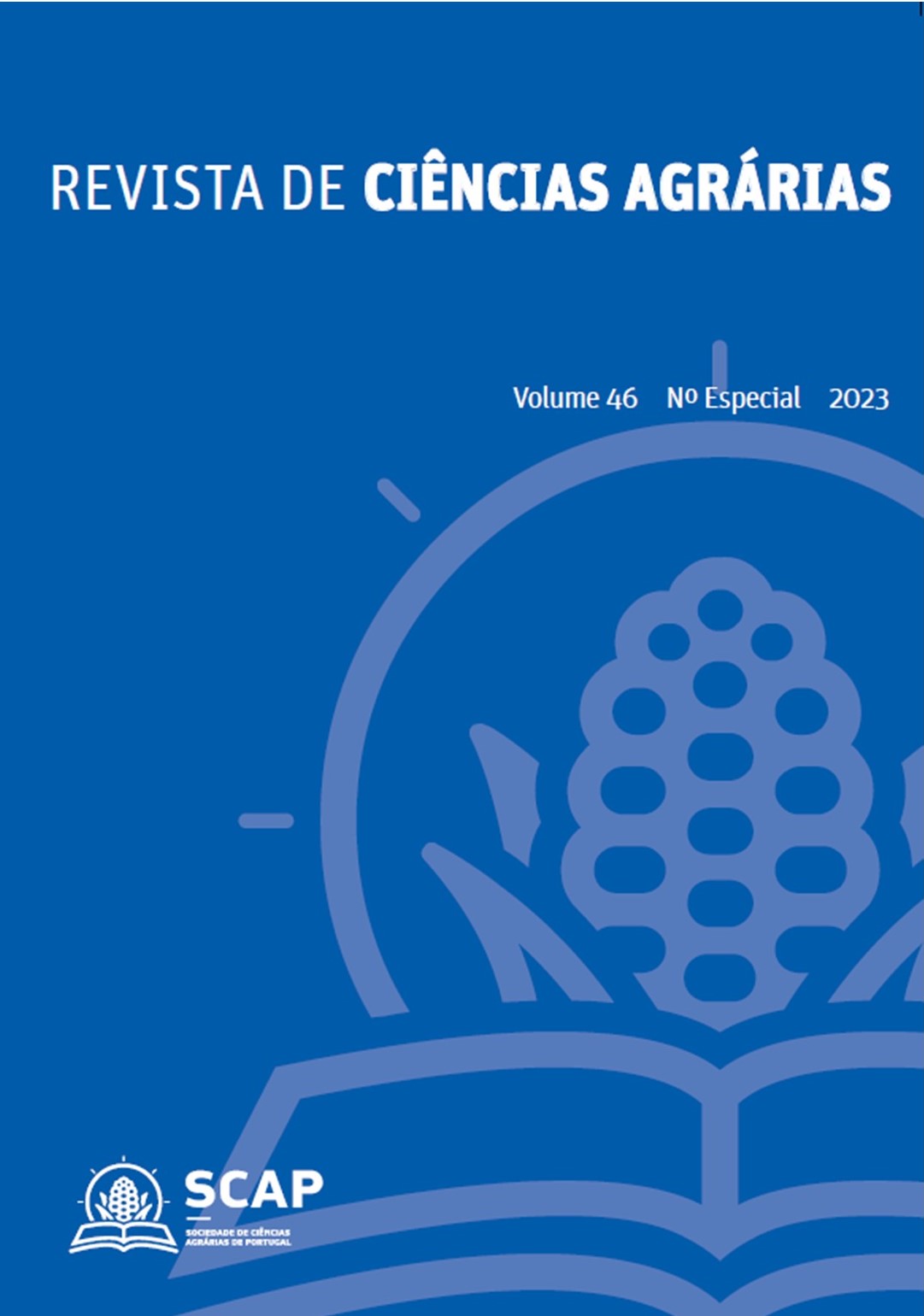Land use change effects on soil physical-chemical parameters and microbial communities on a tropical ecosystem from Guinea-Bissau
DOI:
https://doi.org/10.19084/rca.33465Resumo
Current studies show a decline in soil biodiversity, which puts at risk future food production since soil organisms play a key role in essential ecosystem functions such as, nutrient cycling and soil fertility, soil carbon sequestration, climate regulation, litter decomposition, erosion, water retention, interaction with plants, among others. This study aims to evaluate how the conversion of a tropical native forest into a field for agricultural production impacts the soil physical-chemical parameters and how these correlates with the abundance of specific groups of microorganisms. The soils analyzed were collected in Guinea-Bissau, at 3 locations with different land uses: a primary forest, an annual crop field (peanut) and a perennial crop field (cashew), during the wet and dry season. We analyzed several soil parameters including pH, water content, N, P and C contents, soil respiration, and soil protein index. Mycorrhizal spore density, analysis of soil PLFA (Phospholipid fatty acids), and qPCR targeting genes involved in N, C and P cycling, were selected for investigating changes in soil microbial diversity. Our results confirm that land use changes alter soil physically and chemically, and its microbial community as well.


